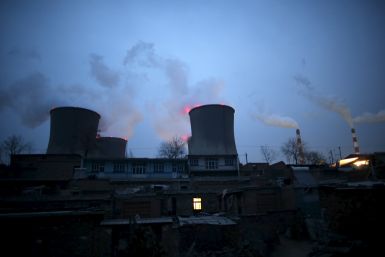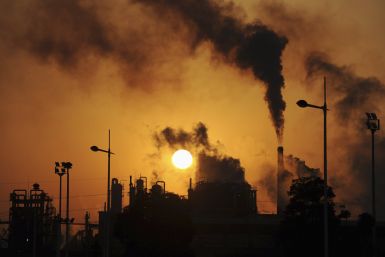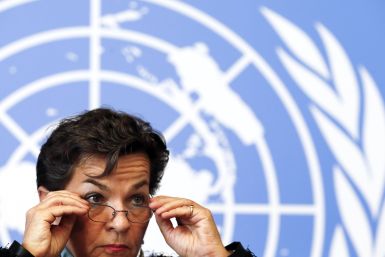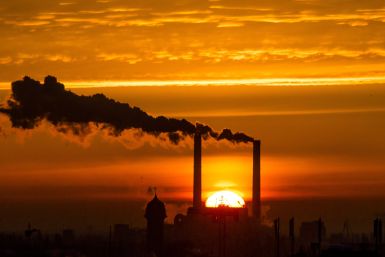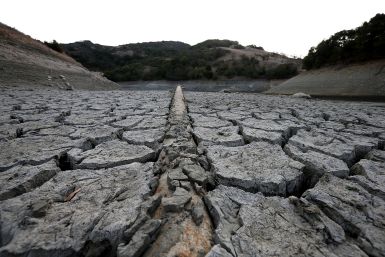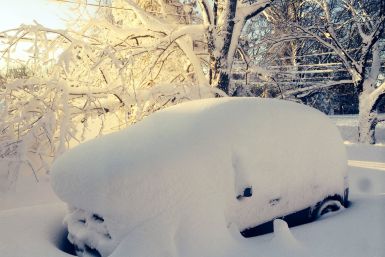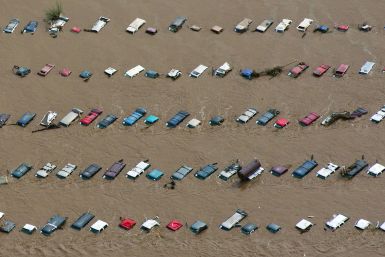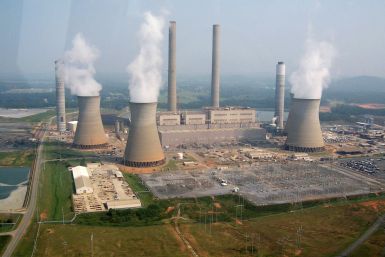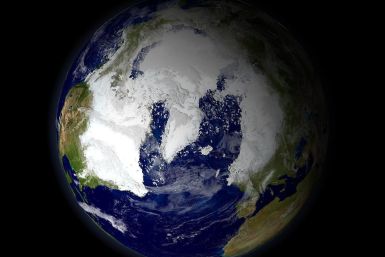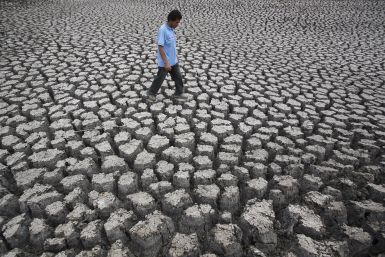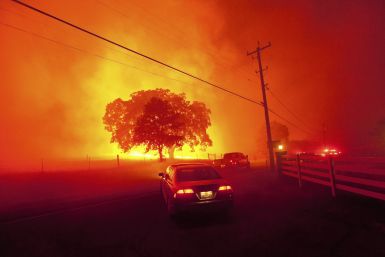A new report says climate change could undo the global health progress made in the past 50 years.
"It’s Your World: Get Informed, Get Inspired & Get Going" will be released in September.
Climate experts have long proposed limiting temperatures to 2 degrees Celsius above pre-industrial levels.
The vast majority of scientists want to engage in policy debates.
The goal of the summit in Geneva was to have a new global climate agreement in place by the end of 2015.
Climate change models may not accurately predict short-term changes but are useful to predict long-term trends, scientists say.
Not only was 2014 the state's hottest year, it was so by a significant margin.
By 2050, emissions may raise average temperatures in France above 100 degrees Fahrenheit and cause regular 6-foot-high flooding in Vietnam.
Global warming is a key factor in this week's "Arctic blast" cold snap that has chilled the entire U.S. and dropped feet of snow on upstate New York.
The U.S. cable channel clarified its stance just days after co-founder John Coleman said he doesn't believe in climate change.
New research says the shrinking Arctic sea ice is to blame for Europe's recent severe winters.
Politicians on both sides are trying to get voters excited about environmental issues — if not for the midterms, then for 2016.
The 1934 drought was one of four similar events -- collectively called the Dust Bowl -- that occurred in sequence over a period of 10 years.
Scientists have miscalculated just how much heat has been added to the planet's oceans over the last century.
Research downplays the role humans have played in climate change, at least in the U.S. Northwest.
The latest federal climate data shows that three of the last eight months were the warmest since record-keeping began 130 years ago.
Extreme heat in the West and unusually cold temperatures along the Eastern Seaboard have U.S. climate experts scratching their heads.
Since 2000, the number of extreme weather events in the northern hemisphere have almost doubled, a study is claiming.
Slowing currents boosted carbon-dioxide storage in the oceans, leading first to less CO2 in the atmosphere and then to colder temperatures.
The World Meteorological Organization put high odds on an El Niño event this fall.
Could giving your dog ice water to drink on a hot, humid day result in death? A vet debunks the rumor circulating online.
Obama's climate change plan offers nearly $1 billion to help communities not just recover from natural disasters, but prepare for them.










